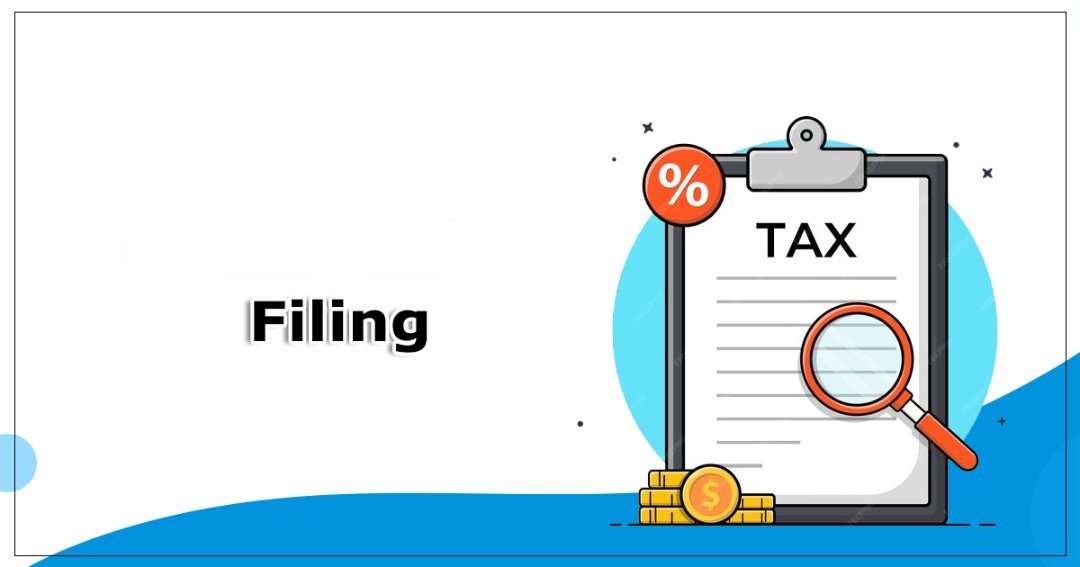Introduction
Regulatory filing requirements for developers are an integral part of the property development process, ensuring that all projects comply with relevant legal, environmental, and safety standards. These requirements serve to protect both developers and the broader community, ensuring that developments do not negatively impact the surrounding environment, public health, or safety. For developers, understanding and fulfilling these filing obligations is essential to moving a project from concept to completion. The regulatory filing process can be complex, involving multiple stages and various government bodies, but it is necessary to navigate these procedures effectively to avoid delays, fines, and legal complications.
Types of Regulatory Filings for Developers
Zoning and land use permits are among the most critical filings developers encounter. Before initiating any project, developers must ensure that the land is appropriately zoned for its intended use, whether residential, commercial, or industrial. In many cases, developers must submit a zoning application or request a rezoning of the property to align with the project’s goals. This filing helps local authorities assess whether the proposed development is suitable for the area, taking into consideration factors like population density, infrastructure, and overall community needs.
Environmental filings are also an essential aspect of the development process. Developers are often required to conduct an Environmental Impact Assessment (EIA) or an Environmental Site Assessment (ESA) to evaluate the potential effects of their project on the surrounding environment. These assessments typically focus on factors such as air and water quality, soil contamination, and wildlife preservation. By filing these documents, developers can demonstrate their commitment to minimizing environmental harm and implementing mitigation measures where necessary.
Building permits are another important regulatory filing that developers must obtain. These permits ensure that the construction meets local building codes and safety standards. From the structural integrity of the building to plumbing and electrical systems, developers must submit detailed plans that outline the specifications of the project. Building permits are typically required at various stages of construction, with inspections conducted to confirm compliance with safety regulations.
Utility connection approvals are a necessary part of the development process, especially for larger projects. Developers must file requests with local utility providers to ensure that the land is connected to essential services such as water, electricity, gas, and sewage systems. These approvals ensure that the necessary infrastructure is in place to support the development, and they help prevent any disruptions in service once the project is completed.
Challenges in Meeting Regulatory Filing Requirements
While regulatory filings are necessary, they can be time-consuming and complex. Developers must navigate various layers of bureaucracy, which can differ depending on the location of the project. Local, state, and federal requirements often vary, and failing to adhere to these regulations can result in project delays, fines, or even legal action. Furthermore, regulations can change over time, and developers must stay updated on any new requirements that may impact their projects.
Another challenge is ensuring that all necessary documentation is accurate and complete. Inadequate or incomplete filings can lead to rejections or requests for additional information, which can slow down the approval process. Developers must also work closely with legal and planning professionals to ensure that they comply with all requirements, as the regulatory landscape is often complex and subject to frequent updates.
Conclusion
Regulatory filing requirements are a crucial part of the real estate development process, ensuring that developers adhere to legal, environmental, and safety standards. These filings, which include zoning permits, environmental assessments, building permits, and utility connection approvals, help create safe, sustainable, and legally compliant developments. While the filing process can be complex and time-consuming, it is essential for developers to understand and meet these requirements to avoid delays, legal issues, and additional costs. With careful planning and adherence to local regulations, developers can successfully navigate the regulatory landscape and move forward with their projects.
Hashtags
#RegulatoryFiling #DevelopersGuide #ComplianceMatters #FilingRequirements #RealEstateRegulations #BuildingPermits #ZoningLaws #ConstructionCompliance #DeveloperDuties #LegalRequirements #ProjectApproval #UrbanPlanning #RegulatoryCompliance #ConstructionLaw #PermitProcess #DeveloperEducation #IndustryStandards #RealEstateDevelopment #GovernmentRegulations #BusinessCompliance


